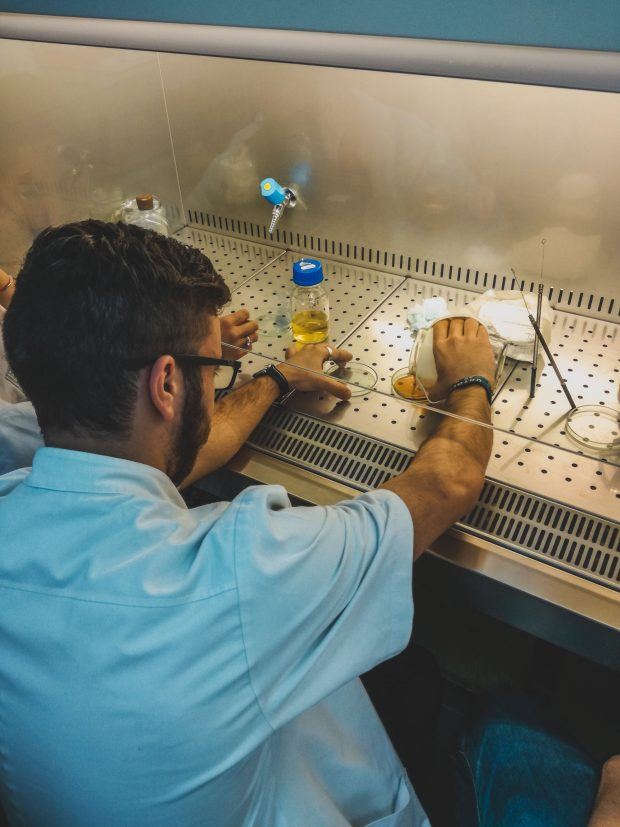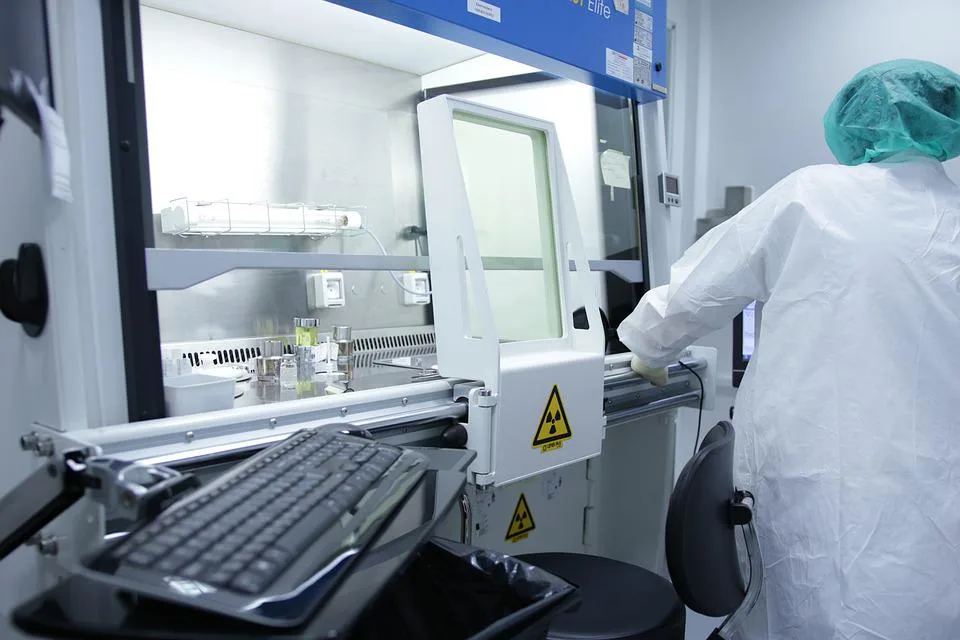TAQ polymerase is the most popular polymerase enzyme in the world, with the majority of PCR applications using TAQ as an enzyme. Okazaki and colleagues developed it at Toyobo Co., Ltd. in Japan, and it’s now used by scientists worldwide to amplify DNA during PCR reactions. While many types of polymerases can be used for PCR, TAQ has several benefits, making it well-suited for this application. Longevity Live Paid Content.
In this article, we’ll explore why TAQ is so popular among researchers looking to use this technique in their lab work.

Photo by Czapp Árpád
Increased Amplification
TAQ polymerase is three times as efficient at amplifying DNA, making it an excellent choice for PCR. TAQ polymerase can amplify DNA up to 10,000 times compared to TAQ DNA polymerase, which can only amplify up to 1,000 times.
Using PCR to increase the amount of an organism’s DNA to see specific characteristics or properties with other testing methods, having a more efficient enzyme will save you time and money. This will produce results faster and at a lower cost than other methods.
Error Reduction and Reaction Accomplishments
TAQ polymerase is designed to reduce errors in PCR reactions. TAQ polymerase has a 5′ exonuclease activity, which means it can be used in PCR reactions without needing additional exonucleases or proofreading enzymes. It also means that TAQ polymerase can eliminate mismatches and other incorrect bases during replication.
In addition to reducing errors during amplification, TAQ DNA Polymerases use less energy than other T4-family DNA Polymerases (TAQ Gold). They require only 0.0005 units instead of 0.05 or 0.01 units the Klenow fragment needs, which translates into lower enzyme costs per cycle when using TAQ-specific primers.
Compatibility With Other Enzymes
You might be wondering whether TAQ Polymerase is compatible with other polymerases. Fortunately, it is compatible with TAQ DNA Polymerase, Pfu DNA Polymerase, Vent DNA Polymerase, and even the now-discontinued Thermo Sequenase II Reverse Transcriptase enzyme.
It means that if you’ve got an old set of primers or probes from a previous PCR reaction that used one of these enzymes and TAQ DNA Polymerase (the most common), then you can use them again with TAQ polymerase. You can do this without having to worry about compatibility issues.
High Fidelity
TAQ polymerase is a high-fidelity enzyme, meaning it is very accurate in replicating the original DNA sequence. Other enzymes, such as TAQ DNA polymerase, are more error-prone and can produce low-quality copies of your target DNA. TAQ purified from the E. coli host strain M15 can be used for PCR applications where high specificity and reproducibility are required (e.g., mutation detection).
TAQ polymerase has a three-step mechanism for proofreading accuracy – it recognizes mismatches, cleaves at the mismatch site, and resynthesizes the gap using dNTPs. Moreover, TAQ has a specific insertion preference for G→C base pairs over A→T base pairs.
Enhanced Sensitivity
The TAQ polymerase is more sensitive than other DNA polymerases. It can detect lower concentrations of DNA, which is important because the further back in time you go, the less DNA there will be. The TAQ polymerase is also more sensitive than TAQ DNA polymerase and Tth polymerase.
The high level of sensitivity and specificity makes it ideal for PCR applications where there may be low amounts of template molecules. Or, if you are amplifying short fragments such as mitochondrial genomes or viruses with small genomes (e.g., HIV). Additionally, it is a thermostable DNA polymerase that can also work at a higher temperature.
Convenience of Use

Natali_ Mis/Shutterstock
TAQ polymerase is a single-use enzyme that can be used for multiple reactions, making it ideal for those who don’t have time to set up a PCR reaction every time they need to amplify a gene. TAQ polymerase also requires no restriction enzymes or dNTPs. You add your template DNA, primers, and buffer solution to the reaction tube, heat it for a few minutes, then cool down and run an analysis of your samples using agarose gel electrophoresis (AGEP). No additional components are required.
As you might imagine, this convenience makes TAQ polymerase very easy to use. The only real drawback is that if you’re working with multiple samples at once and running each one on its own gel tray, it may take some practice before you get comfortable manipulating all the different tubes. This way, they set up correctly without spilling reagents into one another’s wells.
In conclusion, the TAQ polymerase enzyme has many advantages over other polymerases and can be used in PCR. It provides higher fidelity, high processivity, and resistance to proofreading errors during DNA replication. The enhanced performance of this enzyme makes it ideal for use in applications that require high-fidelity DNA synthesis, such as gene sequencing.





![women [longevity live]](https://longevitylive.com/wp-content/uploads/2020/01/photo-of-women-walking-down-the-street-1116984-100x100.jpg)









